I Defaulted On My SBA Loan, Now What?
If you’ve defaulted on a Small Business Administration (SBA) loan, you could find yourself personally liable and your assets at risk. Fortunately, you may find relief by filing bankruptcy but you must understand how SBA loan defaults are handled so that you can move quickly to protect your assets.
What Happens When You Default?
You in default whenever you fail to fulfill your obligations under the SBA loan agreement. Failing to pay your loan on time, missing payments or making only partial payments could put you in default on your loan. Once you’ve defaulted on your SBA loan here is what happens:
Demand letters
The SBA lender will send you written notice of your default and demand payment. Usually, when debtors are in distress and unable to pay they ignore these letters. This is a mistake. It’s best to be forthcoming about your financial distress with the lender so that you can come to some agreement about how you can cure the default or make some other arrangements. If you know that you cannot pay, it’s at this point that you should contact an attorney.Settling the debt
If you have the ability to pay some but not all of the Small Business Administration loan debt, you and your lawyer may want to negotiate an “offer in compromise.” An offer in compromise is basically a settlement of the debt where you pay less than what is owed. While many offers in compromise are paid in one lump sum, some lenders are willing to accept installments if your finances provide evidence that you can afford to make the payments as promised. It’s important to make an offer in compromise early in your default process because once your default is escalated by sending your SBA loan file to the United States Treasury Department (USTD) it will be a lot more difficult to negotiate a settlement. That takes us to the next point.Loan is taken over by the United States Treasury
If you fail to negotiate a settlement on your SBA loan default, the SBA lender will demand that the government pay the portion that is guaranteed. SBA loans are government-guaranteed loans. Lenders are willing to take the risk of lending to you because the government is willing to repay them a portion of the loan if you default. Once the lender makes the demand for repayment from the government, the loan is taken over by the United States Treasury Department which gives them the power to take drastic and devastating action against you to collect the debt. The government can garnish your wages, seize the cash in your bank account, and repossess any assets you used to secure the SBA loan, and that can all be done without filing a lawsuit and getting a judgment.
Assets Can Be Seized
Once you’ve defaulted on your Small Business Administration loan and your file has been escalated and sent to the USTD, your assets can be seized without a lawsuit. This is important! In only a short time you could go from failing to pay your SBA loan to having your bank account wiped, your wages garnished, and your assets seized to repay your loan. This is why you cannot ignore an SBA loan default.
Bankruptcy Can Help
The good news is that filing bankruptcy can wipe out your personal liability for an SBA loan. Once you file bankruptcy, the lender (and the US government) cannot seize your assets, garnish your wages, levy your bank account or take any other action to make you repay the loan. And once you receive a bankruptcy discharge, the lender can no longer pursue you for repayment of your SBA loan. However, if you used assets as collateral for your SBA loan, filing bankruptcy does not wipe out a lien against those assets. Once you’ve sold any assets that have a lien on them, the profit from that sale can be used to repay the loan even after you’ve received a bankruptcy discharge.
If you’ve defaulted on your SBA loan, speak with a bankruptcy attorney today to explore your options.


